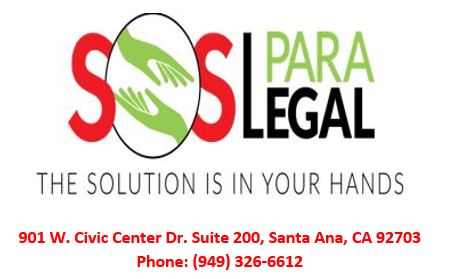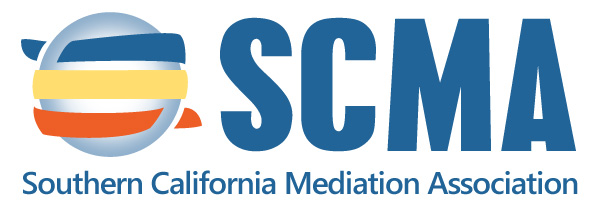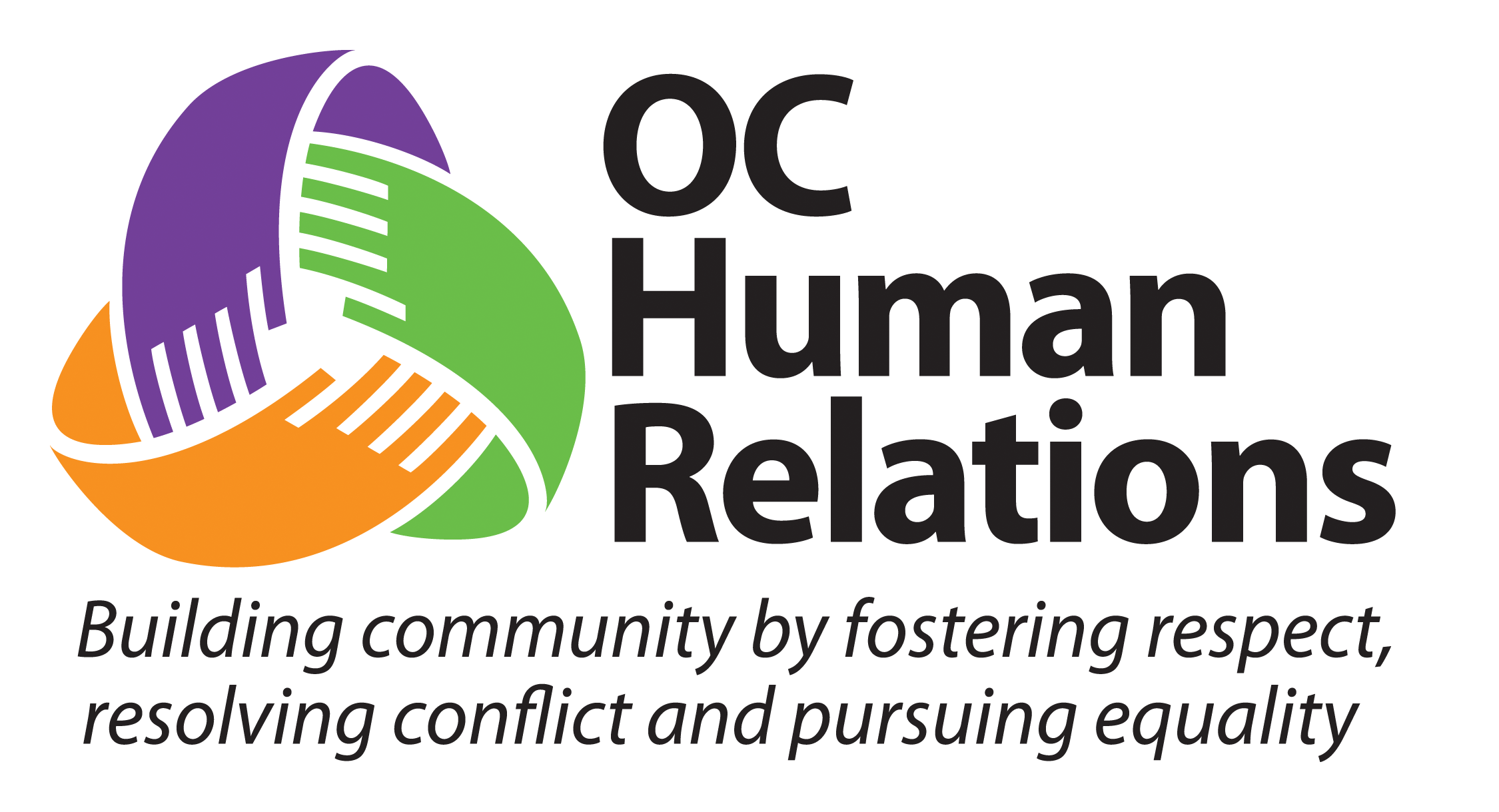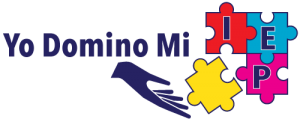
Granting the Power to Parents to Secure their Children's Success
Serving Southern California, Yo Domino Mi IEP, is proudly and effectively connecting families who are involved in empowering their children with disabilities to succeed, with the support of local resources, updated laws, training, affordable, legal services, related services, mediation, and coaching so they can successfully comprehend the IEP and self-determination process, and advocate for their love one with disabilities.
We have over 40 years of experience as certified and bonded special education professionals offering IEP advocacy, mediation, independent facilitation, and PC Plan services in California, according to Federal, State, County, and City regulations.
The IEP Process
Child Find: Schools Legal Duty to Evaluate Children with Suspect Disability

You may not have heard of the Child Find mandate. It’s a legal requirement for schools to find children who have disabilities and need services. Identifying these kids is an important first step toward getting them the help they need to succeed in school.
Child Find is part of a federal law called the Individuals with Disabilities Education Act (IDEA). This law protects the rights of students with disabilities.
A Brief Overview
- Child Find is a legal requirement that schools find all children who have disabilities and who may be entitled to special education services.
- Child Find covers every child from birth through age 21.
- The school must evaluate any child that it knows or suspects may have a disability
Remote Screening, Evaluation, and Assessment - Birth to Age Five
IEP Eligibility vs Medical Diagnosis
Understanding the differences between a medical diagnosis and an educational determination of eligibility for special education services can help you become a better advocate for your child.
A medical diagnosis is made by a doctor or other specially trained clinician by using symptom criteria set in the Diagnostic and Statistical Manual of Mental Disorders (DSM), a book published by the American Psychological Association (APA).
By contrast, educational eligibility is decided by a team comprised of various school professionals and a student’s parents. The team must find that the student qualifies for services under IDEA.
Who Qualifies?
Before a student can receive special education services, he or she must be evaluated for eligibility. Under IDEA, there are currently 13 categories under which a child can receive these services:
- Autism
- Deaf-blindness
- Deafness
- Emotional disturbance
- Hearing impairment
- Intellectual disability*
- Multiple disabilities
- Orthopedic impairment
- Other health impairment
- Specific learning disability
- Speech or language impairment
- Traumatic brain injury
- Visual impairment
*ID has also been referred to as “Mental Retardation” (MR) in the past, and the term and its acronym may be used colloquially or in older documentation. It is not, however, a currently accepted practice to refer to individuals with intellectual disabilities as mentally retarded.
SPECIAL EDUCATION EVALUATIONS
According to Education Law Center, "before a child can begin receiving special education services, the child must be evaluated to determine if the child is eligible for these services. The evaluation helps determine if the child has a disability and needs special education services. The evaluation is also important to identify changes to instruction, services, and supports the child needs to succeed." See The Fact Sheet and the COVID-19 Considerations
An IEP is a legal document that identifies a child’s disability, necessary services to help the child achieve measurable goals, and a specific plan for measuring progress.
Once an IEP is created and agreed upon by all members, it is a legally binding document, and schools are held accountable for providing the services outlined in the plan.
it’s important for parents to be knowledgeable about special education and the IEP process—from the initial referral and evaluation meeting to the IEP development and progress monitoring—in order to increase their understanding, confidence, and ultimately, their ability to help their child be successful in school.
Make Your Resource Binder
We suggest you make a separate binder with copies of the following laws and forms. Use tabs to separate each document.
- The Individuals with Disabilities Education Act (Downloadable PDF)
- The U.S. Code of Federal Regulations for special education (Downloadable PDF)
- Your state’s education act and regulations (see here)
- Model form of prior written notice (Downloadable PDF)
- Federal guidance on your procedural safeguards (Downloadable PDF)
- Infographic of the IEP process (Downloadable English PDF •Spanishpng)
Individual Educational Plan (IEP) - The Process
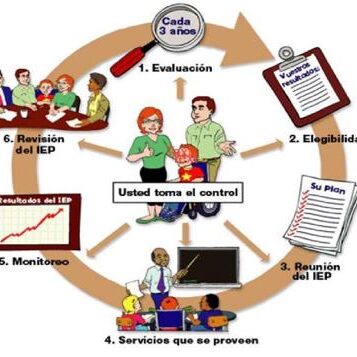
The IEP (or Individualized Education Plan) is a document which outlines a child’s educational needs due to a disability, and the services they will receive to help them learn in their educational setting.
The individualized program involves several steps, beginning with pre-referral and ending with evaluation of a child's program.
Note that every person involved in the child's education is part of a TEAM. Each person, including the parent, has important information and skills to add to the team. We work together to make sure children are sucessful.
Look at the US Department of Education: A Guide to the Individualized Education Program
We recomend to read this article weeks before attending your child's IEP meeting.
50 Common IEP Meeting Questions
During an IEP meeting , we recommend you ask these questions:
10 Questions Every Parent Should Ask at an IEP Meeting
Special Education Advocacy

The Individuals with Disabilities Education Act (IDEA) guarantees that each child with a disability who needs special education the right to a free and appropriate public education (FAPE) in the least restrictive environment (LRE).
SOS Paralegal, LLC conect with families to gude them to identify, obtain, and maintain services that will enable their children to fulfill the IDEA requirements. The main focus is to collaborate with your child IEP's multi-disciplinary team to maximize outcomes. We are qualified to support your child in the following areas:
Academic records review
Current levels of performance
Goals Development
Data collection systems
IEP Meetings
LRE
Independent Educational Evaluation (IEE)
IEP Implementation
Multidisciplinary team collaborations
Placement
Parent training
Parents Need to know.....
The Transition Process from an IEP by Age - 14 to 22-year-old -
The IEP Transition Plan With an IEP
All parents/guardians need to know about the transition from an IEP.
Transition to Adulthood - Center for Parent Information and Resources.
What is IEP transition planning? According to The Individuals with Disabilities Education Act – (IDEA) – every student with an IEP must have an Individual Transition Plan (ITP) in their IEP by the time they turn 16. The ITP is a written document designed to help prepare students for life after school.
Secondary Transition Planning: Secondary transition is a results-oriented process that is focused on improving the academic and functional achievement of the student with a disability to assist the individual's movement from school to post-school living, learning, and working environments.
Transicion del IEP
Guia de el Westchester Institute for Human Development (El instituto para el Desarrollo Humano de Westchester) Esta Guía de Planeación de Transición Dirigida a la Familia fué preparada especialmente por familias que ya han experimentado el proceso de transición para familias de estudiantes con discapacidades.

Understanding your Child’s IEP Evaluations
The special education evaluation or assessment provides the IEP team information that will be used to determine if your child has one of the 13 types of eligible disabilities defined by IDEA and therefore qualifies them for special education services.
If your child’s primary language is not English, the evaluation may be administered in their native language or through a bilingual specialist or interpreter.
The assessment will measure areas of cognition, academics, and language skills along with social, emotional, developmental, and medical findings.
After the assessment is complete, an eligibility IEP meeting is held. Here, the team discusses the results of the evaluation and determines if your child has met the criteria for special education.
An evaluation plan that outlines the recommended testing may include:
- Psychological evaluation: This takes a closer look at the student’s emotions, behavior, and social skills.
- Psycho-educational testing: This involves cognitive testing and achievement testing. Cognitive testing focuses on how a student processes information. Achievement testing focuses on academics—how a student does with school-related skills, based on age or grade.
- Interviews: These may be in person or via questionnaires with the student’s family, teachers, and the student. The goal is to get a detailed look at the student’s social, functional, and academic history.
- Classroom observation: This gives the evaluator a sense of how the student functions in the classroom.
- Functional behavioral assessment (FBA): This is to get a better understanding of any struggles with behavior that may have been getting in the way of learning.
- Other evaluations: These may include speech-language assessment, functional visual assessment, physical therapy assessment, occupational therapy assessment, or other specialized evaluations, if necessary.
Here are the Top 5 IEP Assessments
Know Who is Teaching Your Child
The Commission on Teacher Credentialing has provided through the link above immediate access to credential information. The credential information serves as the official record of certification. Changes, updates, and/or corrections made to records may take up to three working days to be reflected on the website look-ups.
Search for the credentials, certificates, and/or permits held by public school teachers and educators. Searches using first and last name may have multiple results.
Your child is eligible but parents do not agree with the level/type of services offered in the IEP. Questions: Special Education Division | specedinfoshare@cde.ca.gov | 916-445-4613 What to do? Click to Conect to The California Court
HOW TO .......... IN THE IEP PROCESS
HOW TO..... Write a Parental Input Statement for Your Child's IEP
Adding Parent Input to the IEP – Here’s How!
A parent input statement allows you to share your most pressing concerns with your child's IEP team. It's a great way to document your child's strengths and struggles at school and at home. It is your chance to tell the team who your child is beyond their test scores and performance in school. It is pivotal that you request that this document is included in the IEP.
So what IS the strategy for getting the school to include your attachment as part of the IEP? In IDEA code 20 U.S.C. 1400 (c) (5) and (d) Congress found that the education of children with disabilities can be made more effective by “strengthening the role and responsibility of parents and ensuring that families of such children have meaningful opportunities to participate in the education of their children at school and at home;”
Check page 46678 in the Commentary to the federal regulations (2006). It states that certain “…provisions are important to encourage parent participation in the IEP process, which is an important safeguard for ensuring FAPE under the Act.”
And, on the same page, “Parents are free to provide input into their child’s IEP through a written report if they so choose.”
What to do if the school won’t let me add input to my IEP?
Prior Written Notice (20 U.S.C. section 1415(b)(3)) clearly states that concerns and requests made by the parents must be accepted or rejected — and that the IEP team must list the reasons for accepting or rejecting the parent’s proposal.3 4 CFR Section 300.503
Here you can download a format as a word document. Or as a PDF format My Child IEP Proposal Letter.
- Proposal
- Accepted
- Rejected
- Reason Accepted or Rejected
- Start Date
- Responsible Person
If your request is accepted, add a notation on the form that states who is in charge of initiating the proposal and the start date.
As a parent member of the team, see to it that the other IEP team members state their reasons for accepting or rejecting each proposal. Then add this information to the form.
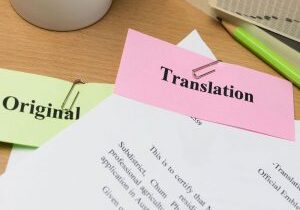
HOW TO.... Obtain a translated IEP and related services evaluation in my Language. California Educational Code
Communication of OSEP ( Office of Special Education Programs), in regard to the interpretation and translation of any documents related to the IEP 's process of students with disabilities.
DOCUMENTO TRADUCIDO AL ESPANOL (Por favor envie un email para el documento traducido)
Sections 56043, 56341.5, and Section 56348 of the Education Code, relating to special education.

HOW TO..... Write Letters to Mi IEP's Team with Legal Codes.
The following resources are letter templates we have created to get you started.
Attention parents: In this session, all the information is linked to databases. So to obtain the info, just CLICK, please.
- Disability Rights Education & Defense Fund - IEP LETTERS SAMPLES
- REQUEST FOR COVID-19 CONTINGENCY PLAN IEP MEETING LETTER
- Request for Assessments letter
- Public Counsel Informacion Acerca de IEP - Cartas Modelos Pagina 19 a la 34 ESPANOL
- Public Counsel IEP Information - Letter Samples Page 19 to 34 ENGLISH
- Educational File Request / documents
- Request for an IEP Meeting Letter
- Guide for educating students with special needs - LETTER EXAMPLES:
Independent Educational Evaluation Reimbursement pag 6
Request for Independent Educational Evaluation pag 8
Request for IEP Meeting pag 23
Requests for Mediation and/or Hearing (Complaint) and Request for Stay-Put pag 26
Request for Mediation and Due Process Hearing pag 27
Parties to Be Named in Due Process pag 29
Due Process Request for Stay-put pag 33
Assignment of Educational Decision-Making AuthorityCalifornia Education Code Section 56041.5 pag 38
Ten-Day Notice of Parent Intent to Place Student in Non-Public School pag 39
In Word Format - To translate in other languages: https://translate.yandex.com/

HOW TO.....Audio Recording Your IEP Meeting: Know Your Rights
While the IDEA, the federal law protecting special education rights doesn’t specifically mention audio recording, California law does allow audio recording of an IEP. Each state may have its own laws related to IEP audio recording.
California Education Code §56341.1(g) (1)
Know that in California at least, you can audio record an IEP if you give the school district advance notice (at least 24 hours' notice in writing). This can be helpful if you are nervous about getting accurate notes of the meeting and if you want to create a record of what was actually said. It also can be helpful later on if you get into a dispute with the district. If you audio record the IEP, the District can also audio record.
PREPARATION TO RECORD THE IEP IS REQUIRED
Parents cannot just walk into an IEP meeting and record. Rather, they have to do some IEP preparation in advance to ensure they are granted this right. Otherwise, they may be denied the right to record. To ensure they can record they must:
1) Provide notice 24 hours in advance to the IEP team and/or person in charge.
2) Bring a recording device.
3) Bring a copy of the notice they provided in case they are questioned
Doing a little IEP preparation by sending advanced notice and bringing a recording device is well worth it.
HOW TO..... Request IEP: Accommodations & Modifications
Accommodations and modifications are tools used by your child’s IEP team to help level the playing field for kids with learning difficulties • Understanding the differences—along with what the options are— can help ensure that your child’s needs are met at school.
Accommodations allow a student to complete the same tasks as their non-LD peers but with some variation in time, format, setting, and/or presentation. The purpose of an accommodation is to provide a student with equal access to learning and an equal opportunity to show what he knows and what he can do.
Accommodations are divided into four categories:
- Variations in time: adapting the time allotted for learning, task completion, or testing
- Variation of input: adapting the way instruction is delivered
- Variation of output: adapting how a student can respond to instruction
- Variation of size: adapting the number of items the student is expected to complete.
Please, click below for extensive lists of modifications and accomodations. These lists should give you some ideas of the endeless posibililities, to help students with disabilities to excel. But please, do your own research. Every child's needs are unique.
Instructional Ideas for Students with Special Needs

Suggested Aid for students with Hearing, Sight, and Language's Needs
Children with Hearing Loss
Supporting Success for Children with Hearing Loss offer great soluctions and suggestions to help kids with hearing isssue.
IEP Evaluations at all levels COMING SOON
What Our Clients Are Saying
Contact Us
PHONE:
(949) 326- 6612
Hablamos Español
ADDRESS:
901 W. Civic Center Drive Suite 200 Santa Ana, CA 92703
HOURS:
Monday - Friday: 9 am - 5 pm
Saturday and Sunday: Closed
Send your comments, questions and suggestions our way through the form below.
Yo Domino Mi IEP
Disclaimer
Communications between you and YO DOMINO MI IEP are protected by our Privacy Policy but not by the attorney-client privilege or as a work product. www.yodominomi-iep.com provides access to self-help services in your specific direction. We are not a law firm or a substitute for an attorney or law firm. We cannot provide any kind of advice, explanation, opinion, or recommendation about possible legal rights, remedies, defenses, options, selection of forms, or strategies. Your access to the website is subject to our Terms of Use.








